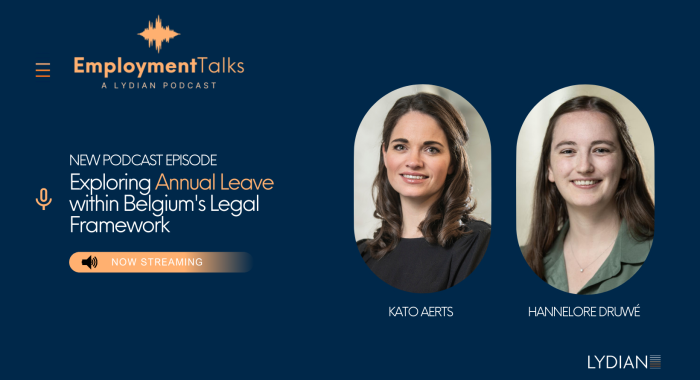
Draft law implementing the agreement framework in interprofessional negotiations 2023-2024: what do you need to know?
On July 19 - just before the summer recess - the Chamber approved on the draft law introducing the following measures on which the social partners had agreed earlier this year:
- Voluntary relance hours;
- Extension of one-off innovation premium; and
- Increase in fiscal overtime.
The main principles are summarised below :
| Relance hours | Extension of the one-off innovation premium | Increase in favourable fiscal overtime | |
|---|---|---|---|
| Description | The possibility, on top of the basic quota of 100 voluntary overtime hours, to perform 120 additional voluntary overtime hours (otherwise called relance hours) per calendar year per employee without overtime pay. The hours are not taken into account for compliance with the internal overtime limit, so no overtime pay is due. No catch-up rest should be granted either. | The employer may grant a bonus to the employee who proposes innovation of real value to the company with the aim of boosting innovation capacity in companies. Automating administrative processes or production processes is an example of such an innovation. |
The number of tax-advantaged overtime hours with an overtime bonus will be increased (again) for all industries from 130 to 180 overtime hours per year per employee. In the construction industry, the increase of 180 overtime hours already applied, provided an electronic attendance recording system is in place. In the hospitality sector, the increase to 360 overtime hours continues to apply. |
| Duration |
The measure will be introduced retroactively from 1 July 2023 to 30 June 2025. Voluntary overtime must be performed during the period to which it relates, or:
|
From 1 January 2023 to 31 December 2024. | From 1 July 2023 to 30 June 2025. |
| Conditions | The premium must meet the following conditions:
|
||
| Formal requirements | The prior written agreement of the employee. | The innovation premium can be applied for in 3 steps:
|
|
| Taxation and social security | Free of social security contributions and withholding taxes. | Free of social security contributions and withholding taxes. |
The employer is partially exempt from paying withholding tax. Employees enjoy a tax relief. |


